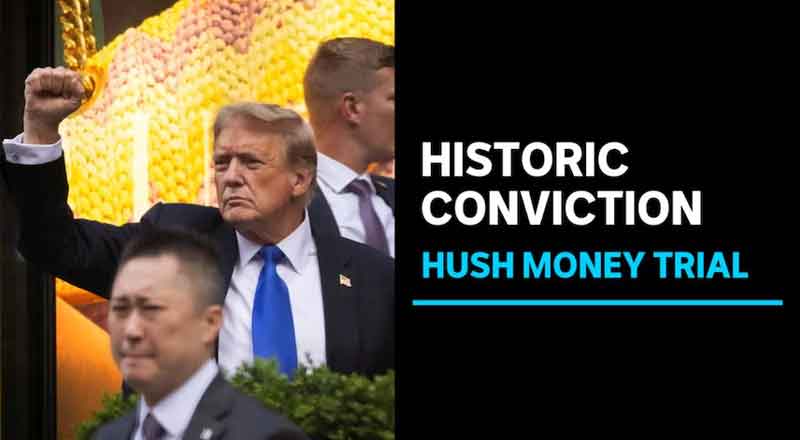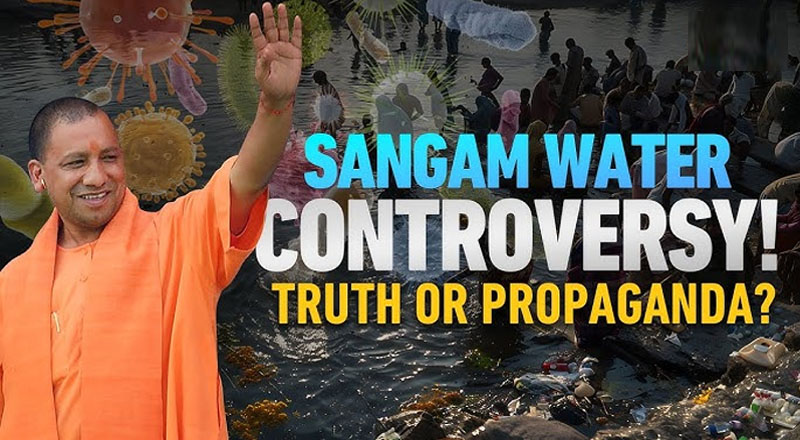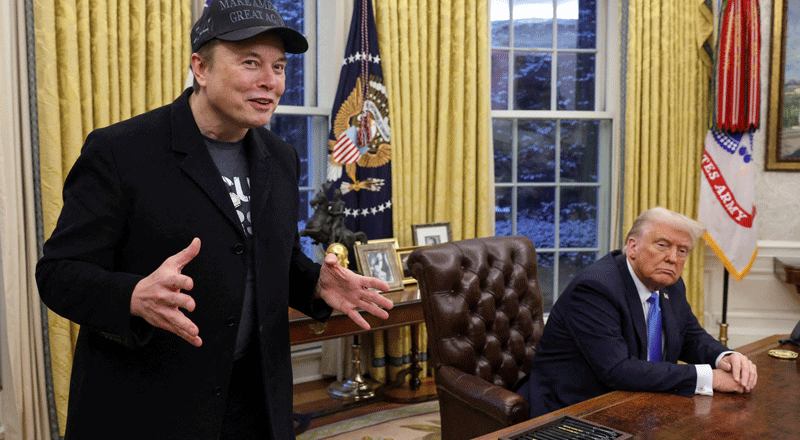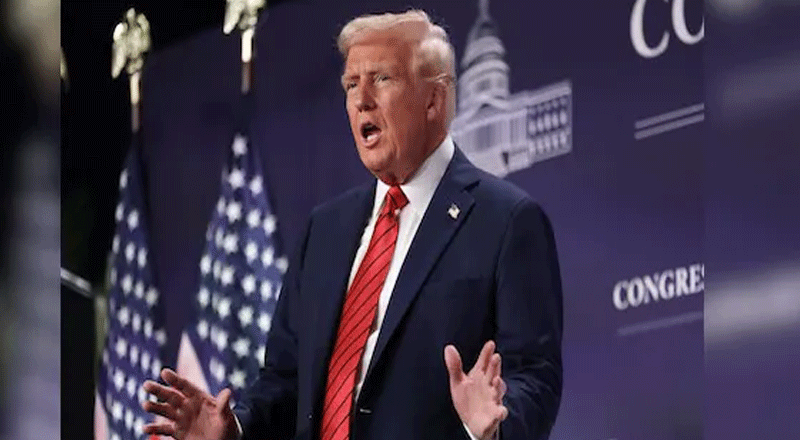Former US President Donald Trump made history on Thursday, May 30, becoming the first former US president to be convicted of felony crimes. A New York jury delivered a unanimous verdict, finding Trump guilty on all 34 felony counts of falsifying business records in connection to a hush money scheme aimed at influencing the 2016 election. Let’s delve into the intricate details and ramifications of this landmark verdict:
Prosecutors’ Allegations:
The crux of the prosecution’s case revolved around the assertion that Trump was a key player in an illegal conspiracy to undermine the integrity of the 2016 election. Central to these allegations was the concealment of hush money payments made to adult film star Stormy Daniels, who claimed to have had a sexual encounter with Trump.
Trump’s Reaction:
Trump vehemently denounced the verdict, decrying the trial as “rigged and disgraceful.” Asserting his innocence, he lambasted both the Manhattan District Attorney and the Biden administration, alleging political interference in the judicial process. Despite the conviction, Trump remained resolute, vowing to continue fighting and placing his trust in the judgment of the people come November 5.
Legal Proceedings Unfold:
Following the jury’s decision, Trump’s legal team swiftly announced plans to appeal the verdict. However, Judge Juan Merchan rebuffed Trump’s motion for acquittal and scheduled a sentencing hearing for July 11. While the charges carry the potential for up to four years behind bars, it remains uncertain whether prosecutors will pursue imprisonment, given the judge’s earlier warnings regarding jail time.
Unraveling the Hush Money Case:
At the heart of the trial lay the intricate web of the hush money scheme involving Stormy Daniels. Trump’s former attorney, Michael Cohen, facilitated a payment of $130,000 to Daniels in exchange for her silence regarding an alleged sexual encounter with Trump in 2006, mere weeks before the 2016 election. Prosecutors contended that these payments constituted illegal interference with the electoral process.
Trump’s Defense Strategy:
Throughout the trial, Trump and his legal team vehemently asserted that the hush money payments were legitimate legal fees aimed at safeguarding Trump’s family and business interests, rather than exerting undue influence on the election. They argued that Trump’s high-profile status made him particularly susceptible to extortion, especially amidst the intense scrutiny of the 2016 campaign.
Trial Dynamics and Revelations:
Spanning over four weeks, the trial revisited pivotal moments from Trump’s past, including the release of the infamous “Access Hollywood” tape. This recording captured Trump making disparaging remarks about women, adding fuel to the fire of controversy surrounding his conduct and character during the tumultuous 2016 election campaign.
Implications and Future Trajectories:
While Trump’s conviction in the hush money case marks a significant milestone in US legal history, its implications extend far beyond the courtroom. Despite his status as a convicted felon, Trump’s aspirations for the White House remain undeterred. With three other felony indictments looming, the outcome of the New York case assumes heightened significance in the lead-up to the November election, shaping the contours of Trump’s political future.
In summary, Trump’s conviction in the hush money case underscores the principle of accountability even for the highest echelons of power. However, it also heralds a new chapter fraught with legal battles and political repercussions, as Trump navigates the complexities of his newfound status as a convicted felon on the campaign trail.
(With inputs from agencies)





